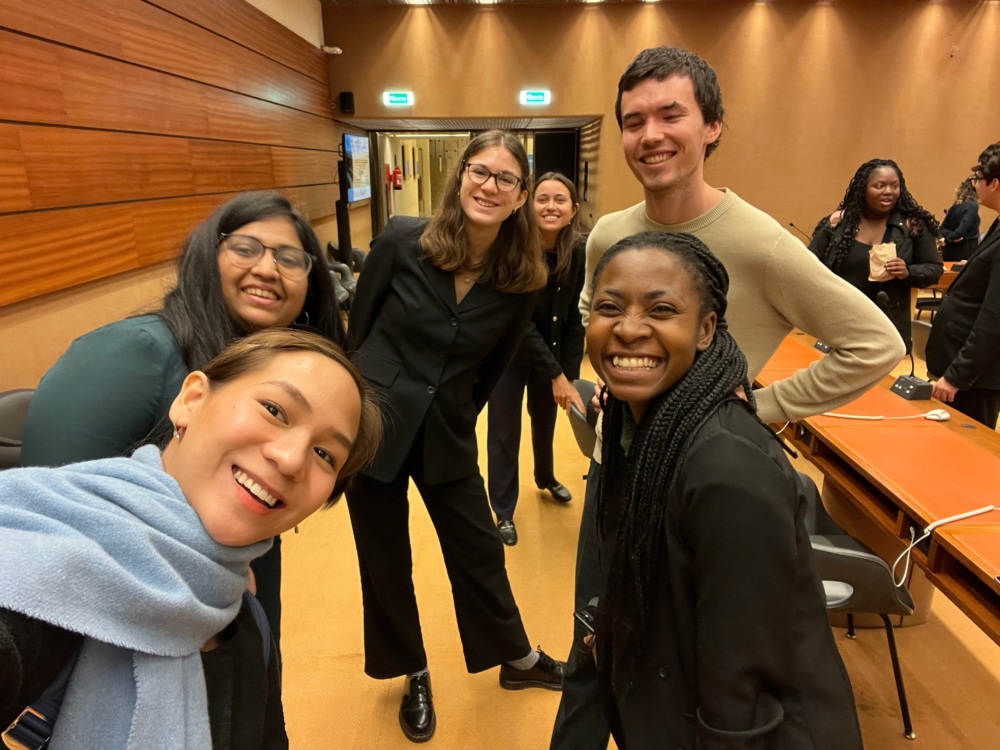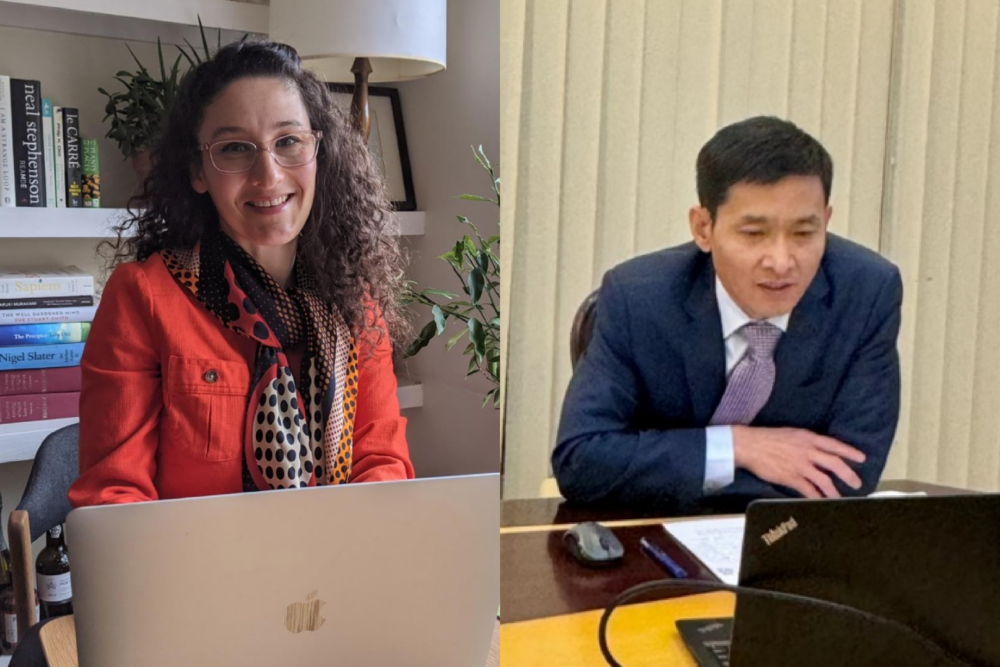
Sam Nunn
Co-Founder and Co-Chair, NTI
Statement from Former Senator Sam Nunn Co-Chairman,
NTI’s Global Health and Security Initiative
Our mission at NTI’s Global Health and Security Initiative is to strengthen global security by reducing the risk of use and preventing the spread of nuclear, chemical, and biological weapons. I view the fight against infectious disease as a security imperative as well as a health imperative.
A health pandemic can kill millions and lead to panic, riots, and economic collapse—all of which can destabilize, cripple or topple governments. I disagree with the premise that it is only a health issue if millions die in an epidemic, but it is only a security issue if millions die in an epidemic triggered by terrorists. The security lies in the effect, not the cause. They are both health issues; they are both security issues.
The recent deaths in Mexico as a result of the influenza outbreak remind us of the importance of speedy, crossborder cooperation. The collaboration we are seeing, particularly between Canada, Mexico, the United States and the World Health Organization is the result of pre-planned and intensive cross-border collaboration. This type of cooperation is at the heart of NTI’s Global Health and Security Initiative’s action in developing and promoting regional networks.
NTI’s Global Health and Security Initiative is working around the world to prevent, detect, and respond to biological threats. We believe that the complex threat posed by biological agents challenges traditional ways of thinking about prevention, deterrence, nonproliferation and response. It requires new thinking about how to define and implement enduring solutions.
One fact is in our favor: many of the most effective steps for fighting infectious diseases are also steps needed to protect against bioterrorist attacks. Whether a disease is naturally occurring or intentionally caused, the essential elements of an effective response are to detect the outbreak, diagnose the disease and take the right measures to treat it and contain it – immediately. Our response to a biological outbreak — whether caused by nature or by the deliberate act of man — will depend on our public health doctors, nurses, labs, hospitals and networks — not on our ships or planes or tanks.
With our partners, we believe we have been effective in the area of regional infectious disease surveillance in some of the most complicated regions in the world, providing leadership particularly in cross border cooperation. This important work continues to be one of our highest priorities, and we hope to take the successes we have had in areas such as the Middle East to other critical regions such as South Asia.
There is also an urgent need to strengthen the standard of infectious disease surveillance globally by connecting and enhancing existing and nascent regional disease surveillance networks, and to work to establish new networks particularly in conflict or low-resource settings. Regional disease surveillance networks are the key building blocks for improved global standards.
In working to achieve this goal, today GHSI is officially launching a process entitled “Connecting Organizations for Regional Disease Surveillance” (CORDS). Like the regional networks that have been established by GHSI and our partners, CORDS will serve as the next building block towards global cooperation and communication on effective disease surveillance.
The objectives of CORDS are focused on human and laboratory capacity building, efficient information and communication technology, and sharing of lessons learned among countries around the world that know the burden of infectious disease. The success of CORDS hinges on effective international cooperation. We must have sustained engagement, innovative ideas and committed partnerships to accomplish these important objectives. Governments, NGOs, academia, and the private sector all have a significant role to play. Through collaboration and innovation, I am confident we will be able to work together for a safer, more secure world.
Sign up for our newsletter to get the latest on nuclear and biological threats.
NTI | bio will bring a 2024 Next Generation Biosecurity Delegation of early-career professionals to the Biological Weapons Convention (BWC) meetings from August 19 – 23.
NTI | bio convened more than 25 high-level biosecurity professionals, AI experts, and policymakers for the inaugural meeting of the International AI-Bio Forum.
The China Arms Control and Disarmament Association and NTI jointly convened a virtual Track II Dialogue, a forum to promote mutual understanding among Chinese and U.S. experts about urgent and emerging biosafety and biosecurity risks.


